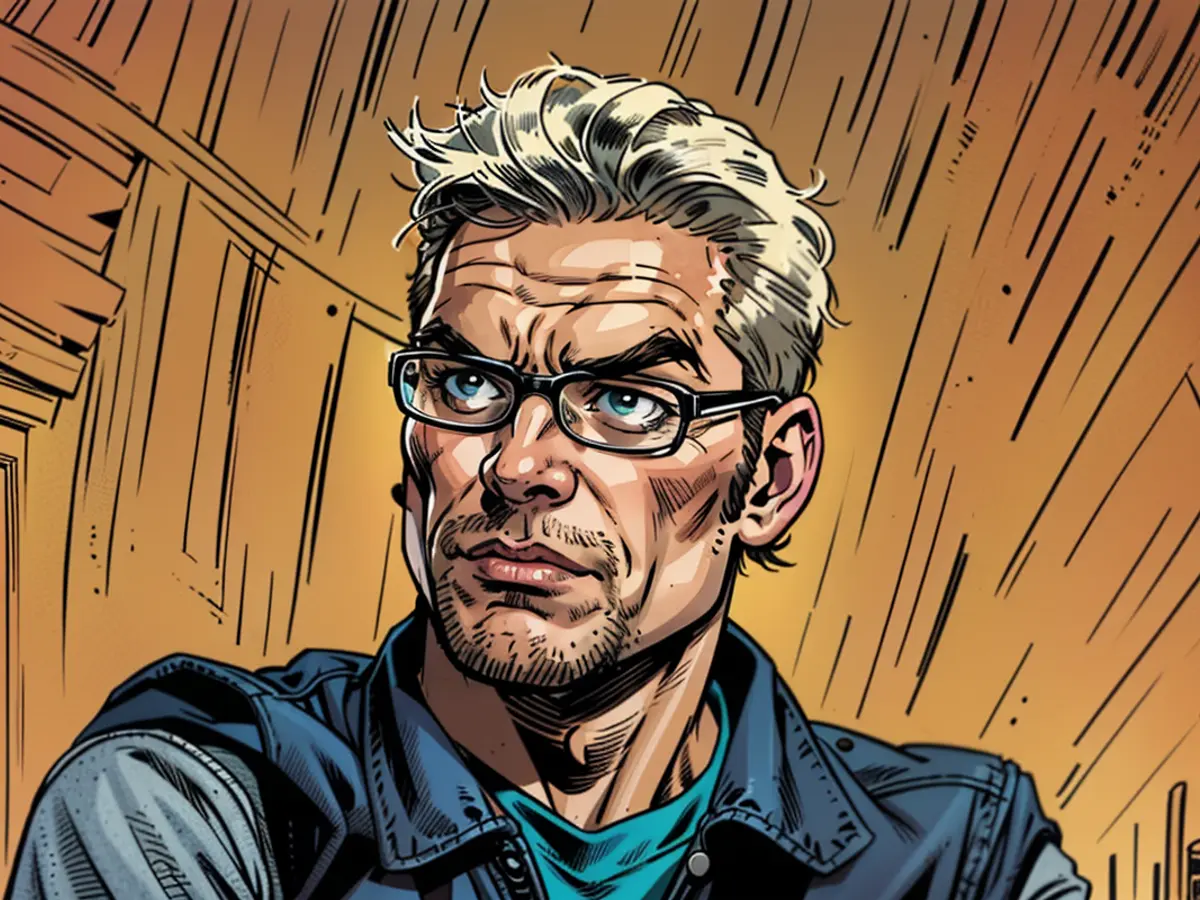German darts icon "Shorty" Seyler surprisingly died
The Darts world mourns Tomas "Shorty" Seyler. The 49-year-old had been "after a health breakdown" lying in the hospital since June 29th and has now passed away. He was particularly known to a broad audience as a TV expert.
The four-time Darts World Championship participant and long-term TV expert Tomas "Shorty" Seyler has passed away. Both his business partner Sebastian Hielscher as well as his fiancée Wiebke Nienaber confirmed in statements that Seyler passed away at the age of 49. He had been "after a health breakdown" lying in the hospital since June 29th. Further details about the cause of death are not available.
Seyler was active with the leading world association PDC until 2019. He gained greater recognition as an expert, commentating for the broadcaster Sport1 and the streaming service DAZN, mainly alongside Elmar Paulke, on Darts tournaments until the end of 2021. The duo brought the sport particularly into many German living rooms with the WM broadcasts from the "Ally Pally". Seyler became a cult figure through his humor and his free-mouthedness.
But also as a professional, he left his mark on the Darts world. In 2006, he was the first German to participate in a PDC Darts World Championship alongside Andree Welge. In his debut, he lost in the second round against the then world number 4 Roland Scholten. Seyler was once the number one in German Darts sport. Three times he became the national champion. According to Sport1, where he was long active as an expert, he began darts at the age of nine - impressed by his father.
Despite his health challenges, Seyler continued to contribute to the world of Darts as a tv expert, often partnering with Elmar Paulke to cover Darts tournaments on Sport1 and DAZN. His humor and free-spokenness made him a beloved figure among German audiences, especially during the WM broadcasts from the "Ally Pally".
Despite his successful career in Darts, playing in the PDC World Championship and becoming the national champion thrice, it was his work as a TV expert that brought him into the homes of many Germans, making Darts more popular and entertaining.








